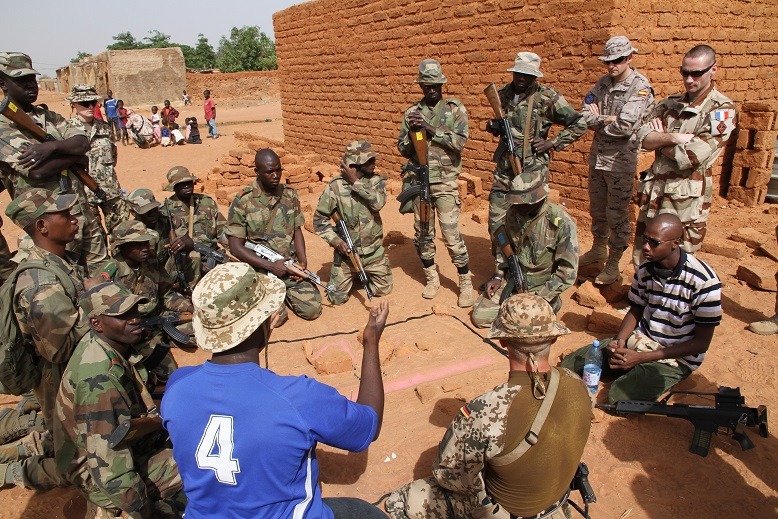Lieutenant General Wolfgang Wosolsobe, Director General of the EU military staff, was heavily criticized by a number of members of the European Parliament during a hearing on 22 September on the state of play of EU’s on-going military missions and operations.
The Austrian general is head of a full-fledged directorate-general in the European External Action Service (EEAS) with responsibility among others for planning and monitoring EU-led military crisis management operations. EU is currently involved in 7 military missions in Western Balkans and Africa with a total of 3 200 military personnel from member states and partner countries.
As regards Mali, EU’s objective is to help the Malian government to exercise fully its sovereignty over the whole of the country. For that end, a majority of the country’s battle groups have been trained by EU (EUTM Mali). The EU mission consists of 578 personnel from 22 member states and 2 Western Balkans countries, with a budget of EUR 28 million.
Though the Malian forces are over-stretched, the general considered that the security situation in the country had been restored.
This positive assessment was questioned by a member of the committee, himself a former war-correspondent. He argued that Mali is not capable of controlling its borders and that the EU-trained battalions, despite their numerical superiority, are useless in fighting the Islamist armed groups in the country. The MEP was further amazed that they had been trained in river-crossing instead of desert fighting.
General Wosolsobe admitted that it could be considered as an obstacle that the Malian forces are not capable of extending their reach to the north of the country.
The most recent EU operation is the one which is now going to be launched in the high sea of the Mediterranean (EUNAVFOR MED) in order to disrupt the trafficking of migrants from Libya. The first phase of the operation – establishing a command structure and gathering intelligence – has taken about 5 months.
In the first step of the second phase, EU is going to seize the smugglers’ boats on international waters and take them out of use. In the second step, EU vessels would enter Libyan territorial water on condition that the dysfunctional Libyan authorities would agree. A UN Security Council decision is required for phase 3 - ground operations against the smuggling bases.
The EU military command was criticized for slow planning and the EU for not dealing with the root causes of migration and for not providing legal and safe routes.
The Brussels Times
EU general under attack in Brussels

Credit Belga
